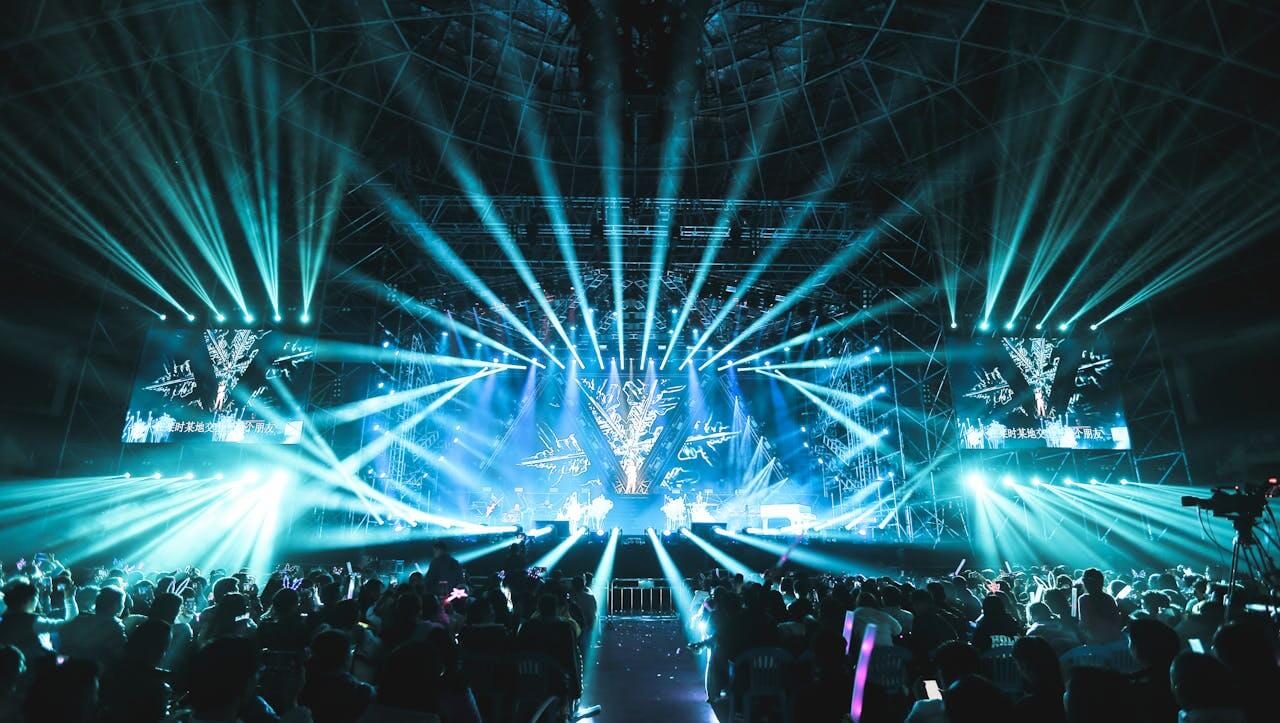
Talk of the metaverse has been ubiquitous over the past several months.
NB: This is an article from McKinsey & Co.
In 2021, internet searches for the term increased by 7,200 percent. In December, Facebook rebranded itself as Meta, and CEO Mark Zuckerberg declared his ambition to “help bring the metaverse to life.” A month later, Microsoft said that its proposed acquisition of gaming giant Activision provided “building blocks for the metaverse.”
Subscribe to our weekly newsletter and stay up to date
It’s not just talk; private capital is also rapidly pouring in. In 2021, metaverse-related companies reportedly raised upward of $10 billion, more than twice as much as they did in the previous year. In the past 12 months, one company alone—Epic Games, maker of Fortnite—has not only raised $3 billion to fund its long-term vision for the metaverse but also announced a partnership with LEGO to build a metaverse for kids. The global value creation opportunity from the metaverse could be in the trillions.
What, exactly, is the metaverse? Right now, the interested parties cannot agree on any one definition. But most descriptions—including this particularly insightful take from venture capitalist Matthew Ball, who recently shared his thoughts on the promise of the metaverse with McKinsey—have some elements in common:
- The metaverse encompasses immersive environments, often (but not always) using virtual- or augmented-reality technology.
- The metaverse is “always on” and exists in real time.
- The metaverse spans the virtual and physical worlds, as well as multiple platforms.
- The metaverse is powered by a fully functioning virtual economy, often (but not always) built on cryptocurrency and digital goods and assets, including nonfungible tokens (NFTs).
- The metaverse enables people to have virtual identities, presence, and “agency,” including peer-to-peer interactions, transactions, user-generated content, and “world-building.”
We believe that the metaverse is best characterized as an evolution of today’s internet—it is something we are immersed in instead of something we look at. It may realize the promise of vast digital worlds to parallel our physical one. For marketers, the metaverse represents an opportunity to engage consumers in entirely new ways while pushing internal capabilities and brand innovation in new directions.




